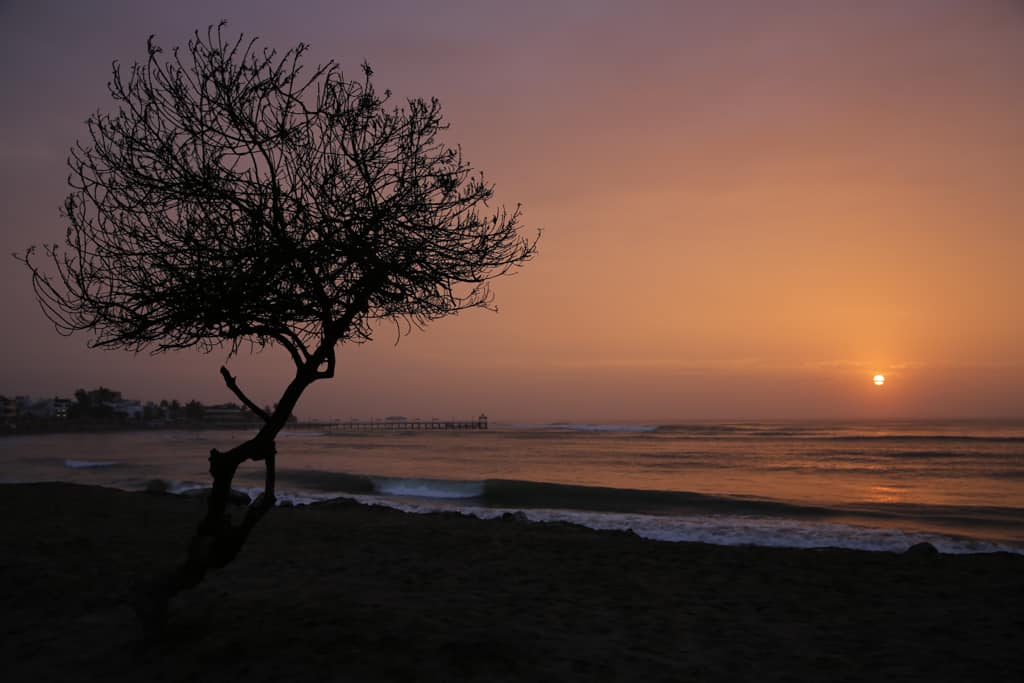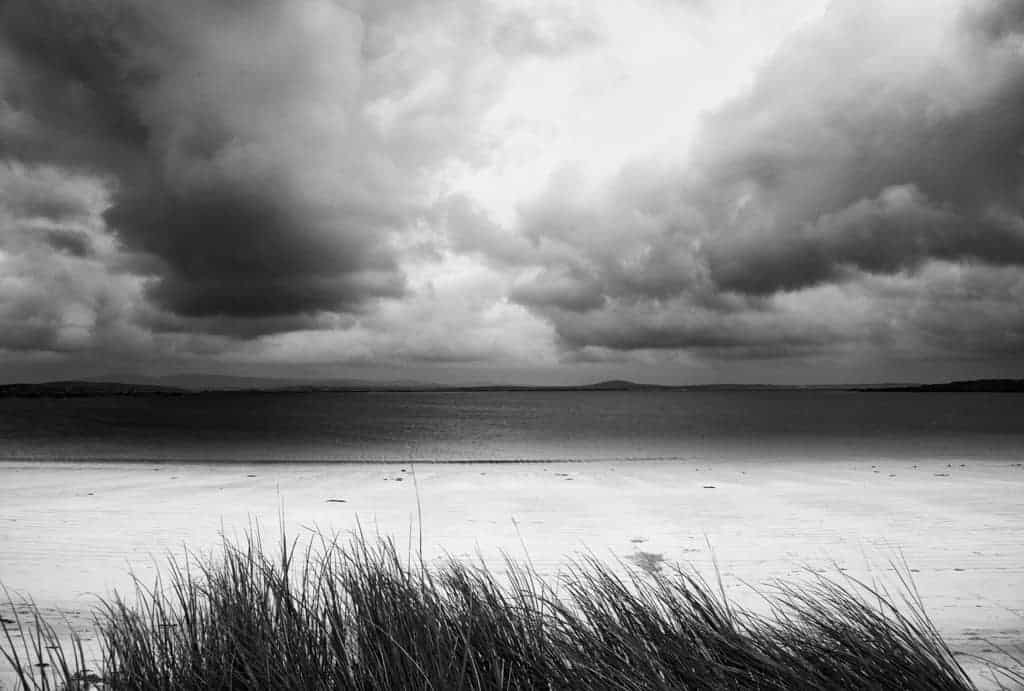It is with interest not surprise I read the Bishop of Waterford & Lismore Alphonsus Cullinan comments on mindfulness and yoga.
I have been practising yoga/mindfulness for over twenty years, I am a qualified yoga and an accredited Mindfulness-Based Stress Reduction (MBSR) teacher. I had a traditional Irish catholic upbringing, I am a working mum juggling work-life pressures, with probably a bucketful of insecurities that often life unintentionally moulds into us.
All of us at some stage encounter the highs and lows of life. My initial interest in yoga occurred during a time when a close family member was in the last stage of terminal cancer. During those first few classes, I found space for me. The simple practice of focusing my breath on movement liberated me from the stream of heavy thoughts. Those yoga classes helped calm my mind and manage the stress and utter turmoil of watching a loved one fade away.
The seed was planted, this was the start of my life-long practice in mindfulness. Since then, I immerse myself in courses and retreats to get a better understanding and simply put try to give my best self to each moment. Mindfulness is a work in progress for me, but it is a skill and a way of life that has benefited me in the most challenging times.
Mindfulness is a practice which cultivates self-compassion, which is so absent in many of our lives. We are so caught up striving for what we deem is the best job best house, etc., that our minds get so occupied with judgement worries and regrets, we miss out on the simple skill of practising self-care being in the moment for what it is, it may be pleasant or not so pleasant – but we are living it.
As a mindfulness facilitator it is important to stress that mindfulness is an ancient practice coming from eastern contemplative practices used to calm the mind. It is a practice that helps us to step out of the constant stream of narrative that occupies our mind.
Jon Kabat-Zinn who was a molecular biologist at MIT and a meditation practitioner for many years, introduced these methods to patients suffering from chronic pain. He found that by giving patients simple techniques of focusing and being present, even if they were experiencing discomfort, they were better able to shift their minds from obsessive thinking and worrying to a relaxed appreciation of their present moment experience.
Kabat-Zinn published his research in his book ‘The Full Catastrophe of Living’ which led the way in the secularisation of mindfulness in the west. To date over 4,000 research journals have been published on mindfulness and in recent years a growing body of work is focusing on the benefits of mindfulness in the workplace.
The eight-week MBSR course is built on solid research demonstrating the psychological benefits of mindfulness. In today’s world where the WHO estimates 1 in 4 individuals will suffer from a stress-related illness having a tool like mindfulness to help us understand the overthinking mind and nurture skills that help manage stress and build resilience should be welcomed by all.
As mindfulness teachers, we have a responsibility to clearly outlines it origins, the benefit of practices such as mindfulness particularly as we navigated our way through turbulent times and also, acknowledge in certain circumstances mindfulness will not suit all people.
Many people come to yoga or mindfulness practices, not to find spirituality, but to achieve headspace, to nurture self-compassion, traits which are absent in Roman Catholicism. My catholic teaching instilled fear guilt and confusion. As a child, I mumbled through the rosary, never once was it explained to me that it is a form of meditation based on Christ.
My mind can be mass of thoughts and emotions that drives automatic unwise responses and blinds me from seeing between the wood and the trees. Without mindfulness, I can get caught up in the head, ignore body signals and stumble from one life event to another. Mindfulness empowers it gives me the freedom to choose.
In a world where we are witnessing partisan politics rip the decency from societies, and it is increasingly difficult to find common ground, the statement from the Bishop such as those outlined in his article builds fear and creates confusion. In these times, when it is increasingly difficult to find common ground, we need statements from leaders to build dialogue around diverse perspectives, promote the common purpose and unite us.
Susan Keane, accredited MBSR instructor, Ibec KeepWell Mark Assessor
Pebble Hill House
Maynooth
Co. Kildare
087 667 2149







